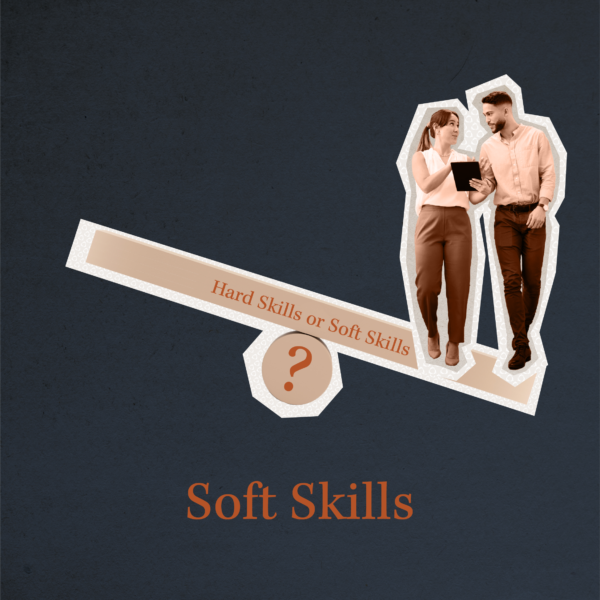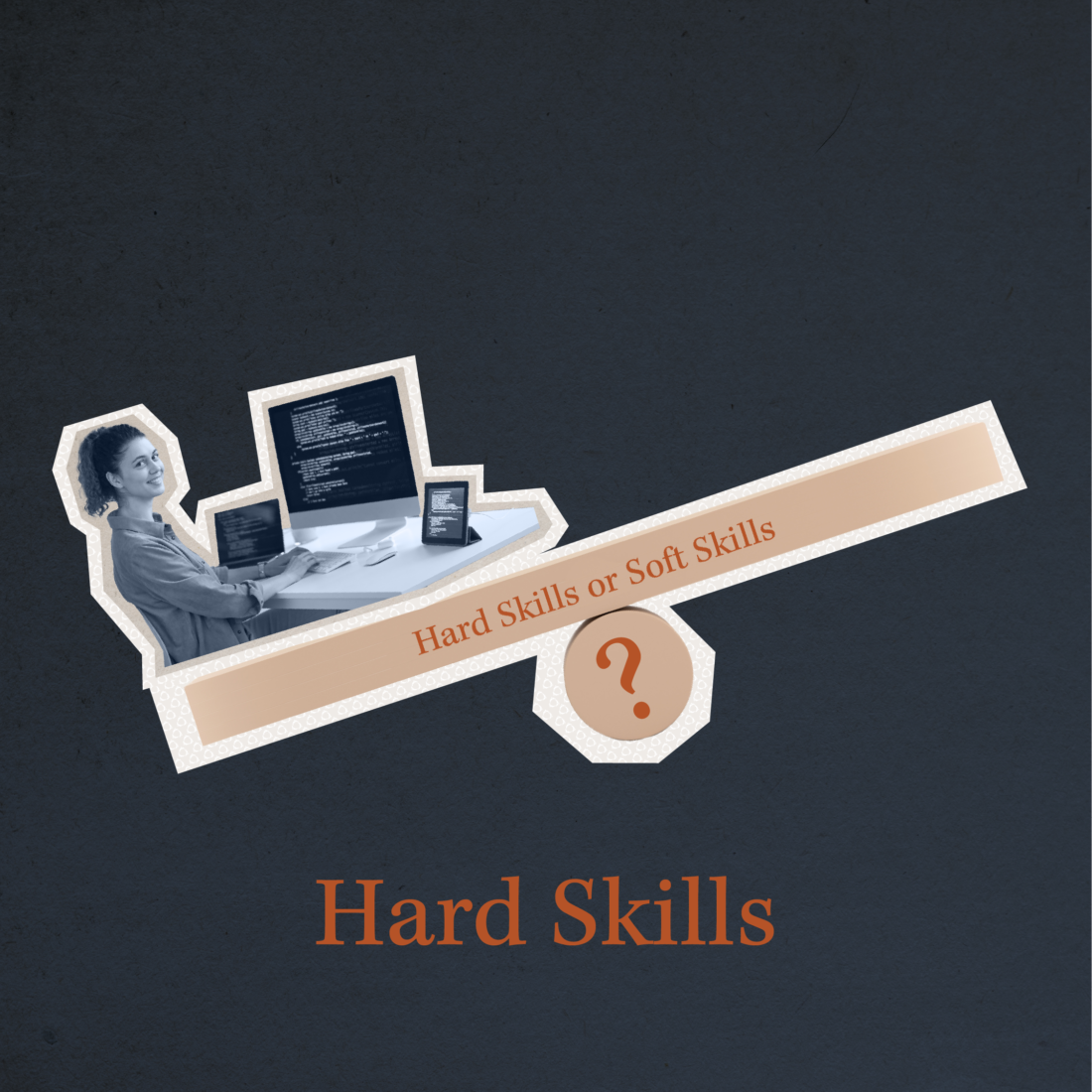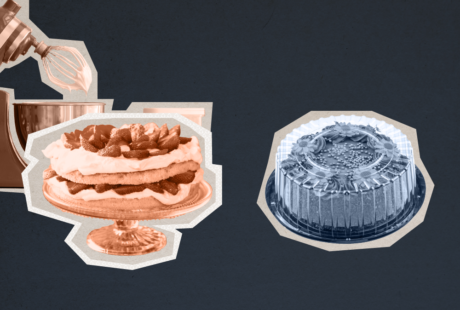Your company requires solid leadership to survive and thrive, but that’s easier said than done. Both hard and soft skills are important, but finding the unicorn who possesses the right mix of both is the task at hand.
First, it’s important to understand the difference.
Book Smarts, Life Skills, and the Big Bang Theory
Ratings juggernaut ‘The Big Bang Theory’ provides an applicable illustration. The sitcom centres around four scientists who, despite achieving excellence in their chosen fields, find difficulty in seemingly simple tasks such as talking to women or enjoying takeout when seated on the wrong couch cushion. Into this fray walks Penny, their down-to-earth, working-class neighbour. Despite her relative lack of academic achievement, her common sense often proves invaluable to the four scientists as they painstakingly navigate mundane situations. All of which is to say that there’s more than one type of intelligence.
What are Soft Skills?

Soft skills are the personal qualities and attributes that an individual brings to the table. Developed through life, spanning professional and personal experiences, they are sometimes described as “unteachable”, although this contention is debated.
The less tangible of the two skill-set groups, these characteristics include things like the ability to collaborate, listen, solve problems, manage time, motivate, counsel, and think creatively.
What are Hard Skills?
Hard skills pertain to job-related knowledge and abilities which are more technical and specific in nature. These types of skill sets can be more easily demonstrated on paper, and are arguably more attainable through practice and development initiatives. Understanding the technical aspects of flying a jet or filing an IPO fall under this category.
Hard and Soft Leadership Styles
Related, but not synonymous, are the concepts of soft and hard leadership styles, which essentially boil down to the degree of rigidity a leader employs, which further clouds the ongoing debate about which category certain skill sets belong in.
Regardless, two things are generally agreed upon:
· There is some overlap between soft and hard skills.
· The best leaders possess a degree of both.
“Emotional intelligence bolsters the hard skills, helping us think more creatively about how best to leverage our technical chops,” says Laura Wilcox, director of management programs at Harvard Extension School.1
The Importance of Soft Skills in Leadership
The value society places upon soft skills is evident in the sheer popularity of self-help coaches, leadership memes, and behavioural questions in job interviews.
Leaders with strong soft skills are believed to get the best out of others, downplaying politics while guiding them through change and leveraging their failures for future success. Subordinates are motivated by this leader’s collaborative approach and ability to listen.
These types of soft skills are in demand and are increasingly considered predictors of success.
It’s important to note that utilizing soft leadership skills does not equate to “babying” team members, but simply applying emotional intelligence on a case by case basis. In an employees’ job market, such leaders may alienate fewer people, causing less turnover.
The Importance of Hard Skills in Leadership

While soft skills may be considered the magic touch for leaders, hard skills should not be overlooked. A thorough understanding of a job’s technical aspects provides crucial context when making strategic decisions. Hard skills also provide a leader with valuable insight when they are tasked with evaluating the hard skill sets of those around them.
Furthermore, talented employees will often find it inspiring to work alongside someone who is considered a leader in the field. On the flip side, employees who feel that they know more than their manager can quickly lose morale.
When to Prioritize Soft and Hard Leadership Skills
While we’ve established that soft and hard leadership skills are both complementary and fundamental, their relative importance is situational. For businesses, it comes down to understanding your needs.
Companies who look to their leadership to set the tone and attitude will need executives who are able to inspire the ranks.
“Many executives are promoted to the C-Suite because they have done excellent work as managers, but, when it comes time to inspire people and innovate, they lack leadership know-how,” writes Deb Calvert for People First.2
Former HR Executive Jack Bucalo believes that hard business skills become more important the further one looks up the company structure.
“At the senior and upper levels of management, these skills tend to be more directly related to the particular job’s role in achieving specific business results in the department, division or company while being more broadly business-oriented,” writes Bucalo.3
In other words, when the rubber hits the road, key decision makers must possess a wealth of relevant knowledge and perspective.
Ultimately, the only constant is change, and those who best managed the paradigm shift brought upon by the pandemic were in possession of both skill sets. Overseeing a team that was suddenly working remotely required leaders to gain a technical understanding of a host of platforms that were newly essential. Helping their team cope with the change while remaining motivated and accountable utilized a softer skill set.
For companies looking to acquire talent and bolster their leadership ranks, attention should be paid to both soft and hard skills throughout the recruiting and developing process. Companies who find individuals with such skill sets should seek to recruit and retain them. Individuals in possession of this combination should likewise understand their own value.




